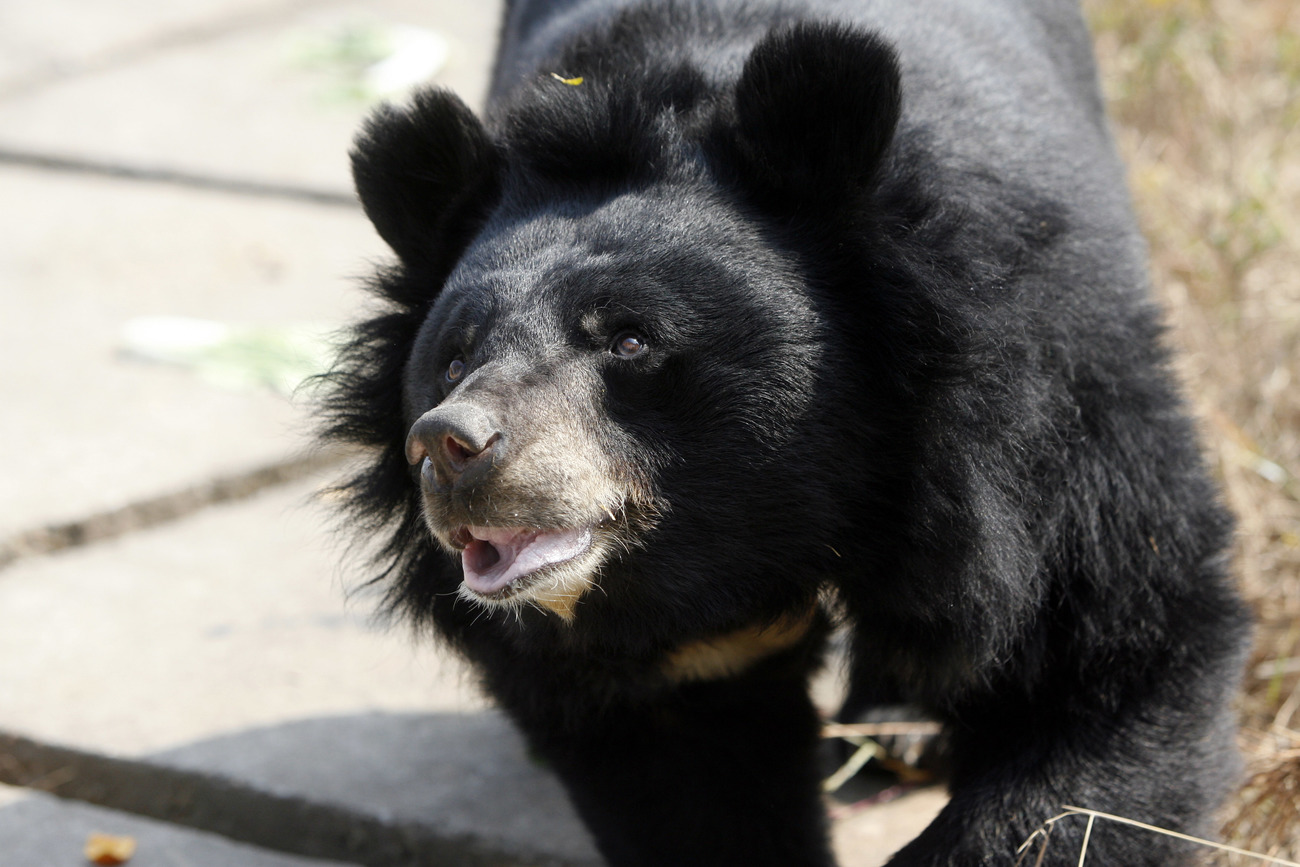an inoculant for pandemics: end wildlife markets
an inoculant for pandemics: end wildlife markets

Shocked, ashamed, and angry. I have been on an emotional rollercoaster since I learned that an injection containing bear bile was recommended as one of the Traditional Chinese Medicine treatments for coronavirus.
In January, Chinese experts discovered that the trade in wild animals is the very petri dish that created the coronavirus pandemic. Since then the world has realized that wildlife trade poses a grave threat to our public health, biosafety, and global security.
As COVID-19 ravages the world, paralyzes economies, and causes so much pain and suffering, the commercial interest behind the cruel practice of bear farming is reaping huge profits from the trade in a highly endangered wild animal.
I took a closer look at the recommended treatment protocol. The Tanreqing (痰热清注射液) injection claimed to contain bear bile was listed as one of the seven patent injections, recommended for “severe” and “critical” cases only. Among the dozens of remedies are more than one hundred ingredients all derived from plants and minerals.
The fact that bear bile is a fraction of the recommended ingredients adds indignation to my outrage - one rotten apple spoils the whole barrel. The sheer existence of bear bile in the recommendation destroys the reputation of Traditional Chinese Medicine (TCM), which is part of my cultural heritage.
I have always admired the wisdom in TCM and how nurturing one’s health is as important as treatment of illness. As an ancient medical practice, TCM includes acupuncture, Tai Chi, Qi Gong, and herbal remedies. Since the outbreak started, I have seen TCM playing a role in disease prevention. Every day on WeChat, I see TCM practitioners posting how-to videos and blogs helping people isolated inside their homes to build their immune systems through acupressure, massage and exercises.
In the TCM pharmacopeia, a majority of the ingredients (97%) come from plants and minerals.
TCM practitioners prescribe medicine based on a patient’s individual health condition and the availability of the ingredients. Dr. Chen Keji at China Academy of Traditional Chinese Medicine once told me that “an ingredient used a thousand years ago when nothing else was available, doesn’t mean it is necessary today.” Alternatives can be found to replace wild animal-based ingredients. Indeed, since the Chinese government banned the use of tiger bone and rhino horn in medicine, researchers have found alternatives from a variety of plants and non-wildlife ingredients recognized by TCM.
By the 1990s, in response to the decline of bear populations in the wild, the government banned the hunting of wild bears. Even before the trade ban, the shortage of gall bladders had already forced TCM practitioners to seek replacements. Bear gall bladder always plays a supplemental role in TCM remedies, doctors in TCM hospitals told me. Bear gall bladders from wild bears are too expensive and hard to obtain, and bile from bear farms are too unsanitary and unsafe. So, they switched to using many plant-based herbs that serve similar medicinal functions.
Commercial interests in wildlife farming, hiding behind TCM, lobbied the government to reject plant-based alternatives to replace bear bile. Unfortunately, they succeeded. Instead of phasing out bear farming for the lack of a market, the government allowed large pharmaceutical companies to consolidate smaller bear farms. Their product, a more palatable looking bear bile injection, sought and found its market.
Bear farming - the practice of extracting bile from live bears - appalls the Chinese public as much as people in the West. Back in 1998, an IFAW-commissioned survey found that after learning about the cruelty involved in bear farming, 70% of the respondents claimed that they would not use bear bile. In 2012, a company linked with bear farming would have received an initial public offering (IPO) on the stock market, had it not been for the unprecedented public outcry on China’s newly-emerged social media.
In a public letter condemning the recommendation of bear bile, the Capital Animal Welfare Association charges that the Tanreqing injection had been blacklisted by China’s FDA previously for the high frequency of incidents of side effects. By allowing one pharmaceutical company to take their tainted “private dish” onto the state banquet, the indigenous Chinese NGO warns, we are letting the minority bear farming interests hold the entire country and its 1.4 billion people hostage.
COVID-19 is the direct result of wildlife trade and consumption. Disease risks exist on every link of the wildlife trade chain, from supply to transit to market. Viruses do not discriminate between wild animals used for food or for medicine or as exotic pets. To prevent future pandemics, we need to end all commercial markets for wild animals.
-Grace Ge Gabriel, Regional Director of Asia
Related content
Our work can’t get done without you. Please give what you can to help animals thrive.